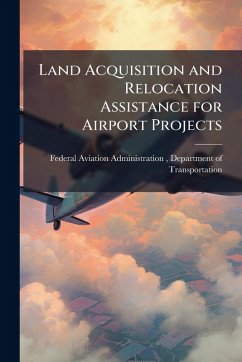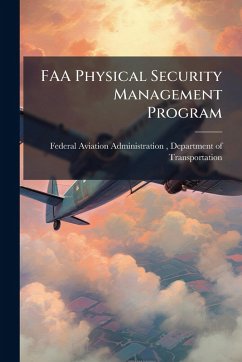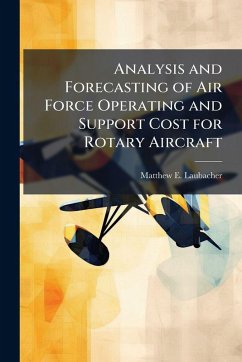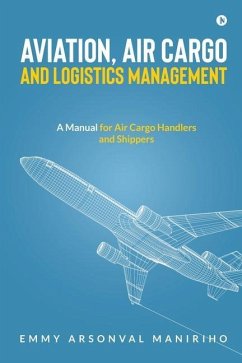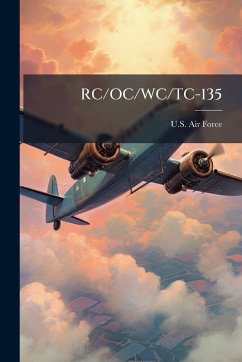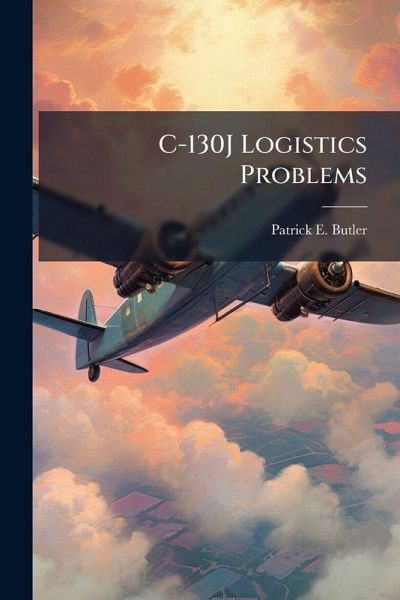
C-130J Logistics Problems

PAYBACK Punkte
7 °P sammeln!
The Air Force incorporated the C-130J into its inventory with a commercial acquisition strategy. This decision has resulted in numerous shortfalls that Air Force logisticians are fighting everyday to overcome. Despite the acquisition community's direction and requirements involving procurement of commercial items and Defense Acquisition University guidance on incorporating the customer's requirements into a new procurement through systems engineering, the C-130J was acquired as a commercial item. It appears very little forethought was given involving operational or logistical requirements whic...
The Air Force incorporated the C-130J into its inventory with a commercial acquisition strategy. This decision has resulted in numerous shortfalls that Air Force logisticians are fighting everyday to overcome. Despite the acquisition community's direction and requirements involving procurement of commercial items and Defense Acquisition University guidance on incorporating the customer's requirements into a new procurement through systems engineering, the C-130J was acquired as a commercial item. It appears very little forethought was given involving operational or logistical requirements which can be much more important in an armed forces operational environment as opposed to the requirements of a commercial aircraft. This paper focuses on the logistical shortfalls revealed in test and operational environments and theorizes some of these problems could have been avoided with more or better logistician involvement during the design, development, and testing process and a more intense focus on reliability, maintainability, and supportability. Active duty, Air National Guard, and Air Force Reserve personnel were essential in outlining some of the problems they face today. Ordinary research revealed several sources which described the operational shortfalls of the C-130J, but very little is publicly known about the numerous obstacles Air Force logisticians are working to overcome. The author argues that the Air Force acquisition community cannot expect logisticians to continually excel when logistical requirements are not given the utmost importance during aircraft procurement and must change the acquisition process to ensure logistics is not forgotten. This work has been selected by scholars as being culturally important, and is part of the knowledge base of civilization as we know it. This work was reproduced from the original artifact, and remains as true to the original work as possible. Therefore, you will see the original copyright references, library stamps (as most of these works have been housed in our most important libraries around the world), and other notations in the work. This work is in the public domain in the United States of America, and possibly other nations. Within the United States, you may freely copy and distribute this work, as no entity (individual or corporate) has a copyright on the body of the work. As a reproduction of a historical artifact, this work may contain missing or blurred pages, poor pictures, errant marks, etc. Scholars believe, and we concur, that this work is important enough to be preserved, reproduced, and made generally available to the public. We appreciate your support of the preservation process, and thank you for being an important part of keeping this knowledge alive and relevant.




